Maximizing Retirement Savings with a Roth IRA
A Roth IRA is a powerful retirement savings tool that offers tax-free growth and flexible withdrawal options. As a business accountant in Philadelphia, Busch Tecosky Goodmen & Feldmen helps individuals and business owners navigate their retirement planning options, including Roth IRAs, to maximize their financial future.
Roth IRA Contribution Limits for 2025
With a Roth IRA, the owner can make limited contributions each year. In 2025, the contribution limit is $7,000, or $8,000 if age 50 or older. However, to make a full contribution, your income must be below certain thresholds:
Single filers: Less than $150,000
Married filing jointly: Less than $236,000
While Roth IRA contributions are not tax-deductible, the advantage is that earnings grow tax-free once the account has been open for five years. Additionally, contributions can be withdrawn at any time without penalty since they have already been taxed as income.
The Five-Year Rule & Strategic Contributions
Once you contribute to a Roth IRA, the five-year countdown begins before you can take any earnings out tax-free. However, the IRS measures this period from January 1 of the year you made your first contribution.
For example, if you open a Roth IRA on December 31, 2024, your holding period is considered to have started on January 1, 2024—effectively making it four years instead of five.
Even better, you can make a Roth IRA contribution for the prior tax year up until Tax Day in April. If you open a Roth IRA in April 2025 and designate your contribution for 2024, your holding period is reduced by another four months. This strategy allows you to start the tax-free clock sooner, even with minimal contributions.
Why Open a Roth IRA Early?
Opening a Roth IRA as soon as possible—even with small contributions—can be highly beneficial. This strategy is especially great for high school or college students with job earnings, allowing them to start the five-year countdown early. While there is no upfront tax deduction, Roth IRAs offer the flexibility to withdraw contributions at any time, penalty-free, making them an ideal option for both an emergency fund and long-term savings.
Withdrawing Earnings: Rules & Exceptions
Withdrawing earnings from a Roth IRA before age 59½ comes with restrictions. The IRS follows a specific order for withdrawals:
Contributions (withdrawn tax-free at any time)
Earnings (subject to taxes and a 10% penalty if withdrawn early)
However, there are exceptions to the 10% penalty on early earnings withdrawals. If the account is less than five years old, you can still withdraw earnings penalty-free (though taxes may apply) for specific purposes, such as:
First-time home purchase (up to $10,000)
Higher education expenses
Qualified medical expenses
Disability or death
Get Expert Guidance from a Business Accountant in Philadelphia
At Busch Tecosky Goodmen & Feldmen, we specialize in retirement planning, tax strategies, and financial planning for individuals and business owners. Whether you're considering a Roth IRA or exploring other investment options, our expert business accountants in Philadelphia can help you create a customized plan that aligns with your financial goals.
Contact us today to schedule a consultation and take control of your financial future!
For more information on the IRS Website please visit IRS Roth IRA Rules:
